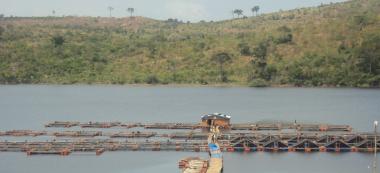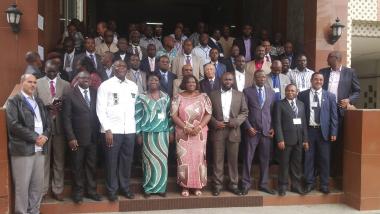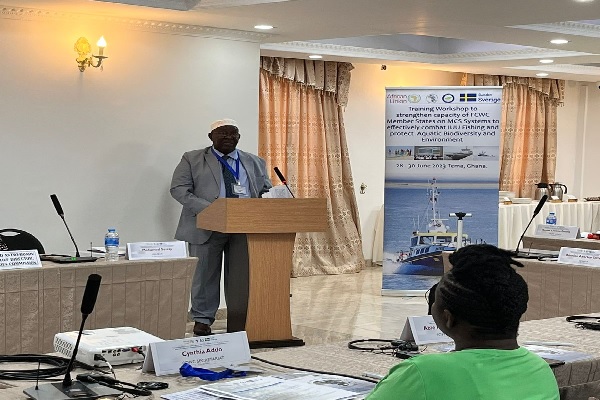
For the purpose of combating Unreported, Unregulated, and Unreported (IUU) fishing and protecting aquatic biodiversity and the environment in the FCWC region, the AU-IBAR and the Fisheries Committee for the West Central Gulf of Guinea (FCWC) are working together to bolster regional monitoring, control and surveillance (MCS) systems.
Tema, Ghana hosted a workshop from June 28-30, 2023, with the goal of "Strengthening regional MCS systems for effectively combating IUU fishing, conservation, and protection of aquatic biodiversity and environment in the region under the geographical competency of FCWC," which includes the six west African coastal countries of Benin, Côte d'Ivoire, Ghana, Liberia, Nigeria, and Togo as members.
As part of the initiative to "Enhance Sustainable Monitoring Control and Surveillance (MCS) Systems for conservation and protection of biodiversity," including the fight against illegal, unreported, and unregulated (IUU) fishing, this training was highlighted as a critical activity. A study entitled "Assessment of Monitoring, Control, and Surveillance (MCS) systems in the West, Central, and the Northern Regions of Africa" was commissioned by AU- IBAR as part of this project. This collaboration with FCWC on this training workshop is on the basis of the recommendations of this report.
Speaking on behalf of the Acting Director, AU-IBAR, Dr. Mohamed Seisay remarked that the continued collaboration with FCWC could not have come at a better moment, what with the growing IUU scourge and its attendant impact on aquatic biodiversity and ecosystems generally. He emphasised that IUU activities, such as unauthorised fishing in closed areas/seasons, illegal fishing, transhipments at sea, fishing with forged and fraudulent licences or vessel registrations, fishing, Threatened, Endangered, and Protected (TEP) species, dumping of toxic waters, ecosystems, and env, are major concerns in Africa when it comes to the sustainability of aquatic biodiversity. Africa accounts for a cautious 10% of the world's yearly IUU catch, which is now estimated at 4.7 million tonnes of fish worth $10 billion. According to a recent BBC documentary, more than half of IUU incidents occur in African Exclusive Economic Zones (EEZs).
Participants at the workshop included representatives from the Ghanaian government, the Food and Agriculture Organisation (FAO), the Economic Community of West African States (ECOWAS), specialised regional institutions (Regional Fisheries Bodies), MCS Experts from FCWC Member states, staff from AU-IBAR and the FCWC Secretariat, and resource persons.
The Swedish International Development Cooperation Agency (SIDA) funded the training as part of a three-year project known as "Conserving Aquatic Biodiversity in the African Blue Economy." The project's stated goal is to "enhance policy, regulatory frameworks, and institutional capacities of AU member states and regional economic communities to sustainably utilise, conserve, and protect aquatic biodiversity and ecosystems."

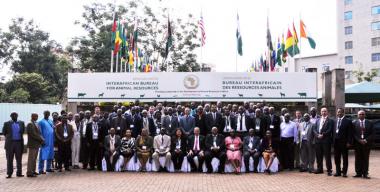
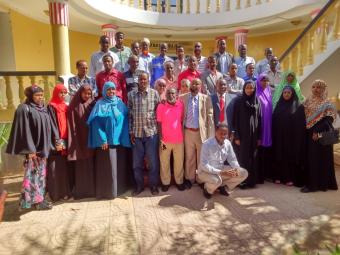
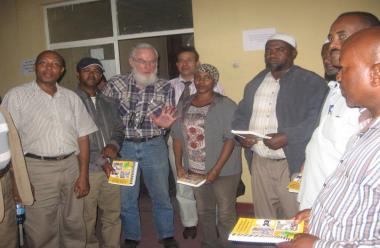
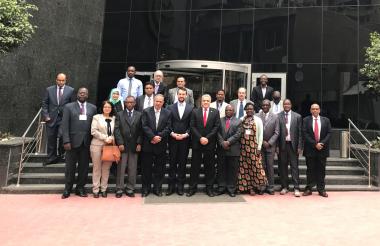
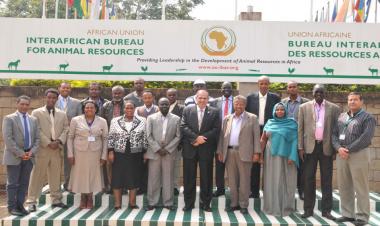
![[© 2014 AU-IBAR. Participants attending a training programme in Surveillance and Epidemiology of Trade-Related Transboundary Animal Diseases being Offered by the University of Nairobi, Faculty of Veterinary Medicine.] © 2014 AU-IBAR. Participants attending a training programme in Surveillance and Epidemiology of Trade-Related Transboundary Animal Diseases being Offered by the University of Nairobi, Faculty of Veterinary Medicine](/sites/default/files/styles/normal_size/public/2020-09/57.jpg?itok=k2u2EVX0)
